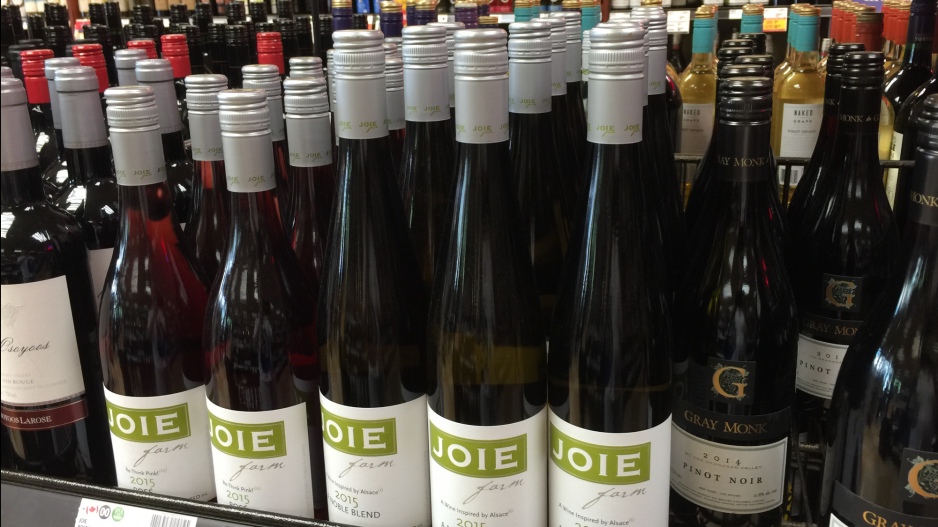Representatives of New Zealand and the European Union have notified the World Trade Organization (WTO) that they intend to join the U.S. in protesting B.C.’s initiative to have only B.C. wines in the province’s grocery stores.
“The measures maintained by the Canadian province of B.C. regarding the sale of wine in grocery stores may have a substantial impact on the sale and therefore on the importation of E.U. wine into B.C." the E.U. said in a statement.
"The E.U. has, therefore, a substantial trade interest in these consultations.”
New Zealand representatives released a similar short statement.
“I’m not surprised,” said Vintage Law Group wine industry lawyer Mark Hicken.
“Right from the start I publicly said that I didn’t think that this was trade compliant and that it would cause a problem.”
Indeed, Hicken told Business in Vancouver in March 2015 that he thought the B.C. government’s initiative to have only B.C. wines eligible to be on the shelves of the province’s grocery stores would contravene trade pacts.
The government’s argument that the licenses to sell wine in grocery stores are not new and instead are grandfathered under the North American Free Trade Agreement and the Canada U.S. Trade Agreement fall flat with Hicken.
He believes that at the relevant date of 1987, none of the VQA stores that are using B.C.-wine-only licences were operating.
The process is now for Canada and the countries that believe B.C. is breaking international trade law to consult for at least 60 days. If the representatives of the countries cannot come to an agreement, one of the parties could request that a trade arbitration panel be created to rule on the matter.
That panel could recommend sanctions against Canada.
Theoretically, Canada could respond with more sanctions and a trade war could escalate, Hicken said.
BIV reported on January 18 that the U.S. government had launched new trade-enforcement action against Canada at the WTO.
The action challenged B.C. government regulations that prohibit U.S. wine from being sold on grocery store shelves.
Only B.C. wine may be sold at select B.C. grocery stores in which the owner has a licence – licences that the B.C. has recently been auctioning off for more than $1.15 million apiece. The government has said that the licences being auctioned off are "dormant" licences and not new licences although some industry insiders have told BIV that they were surprised to learn that the licences ever existed.
The U.S.'s action at the WTO was the 26th trade-enforcement challenge that the administration of U.S. President Barack Obama launched. It won every one of those actions, according to the U.S. government.
“When U.S. wine producers have a fair shot at competing on a level playing field, they can compete and win in markets around the globe,” said U.S. trade representative Michael Froman at the time.
“The discriminatory regulations implemented by B.C. intentionally undermine free and fair competition, and appear to breach Canada’s commitments as a WTO member. Canada and all Canadian provinces, including B.C., must play by the rules.”
Minister of Jobs, Tourism and Skills Training Shirley Bond said she was "confident" that the province is complying with international trade obligations.
She said that B.C. will work closely with Global Affairs Canada, which is the part of the Canadian government that manages Canada's diplomatic and consular relations.
B.C. wine regulations provide two options for grocery store owners to get licences and sell wine.
One is the wine-on-shelf option, whereby B.C. wine can be sold on shelves within the grocery store.
The other option is the store-within-a-store model, where there is a sectioned off area of a grocery store where beer, wine and spirits may be sold. U.S. wine may be sold in the store-within-a-store model.




